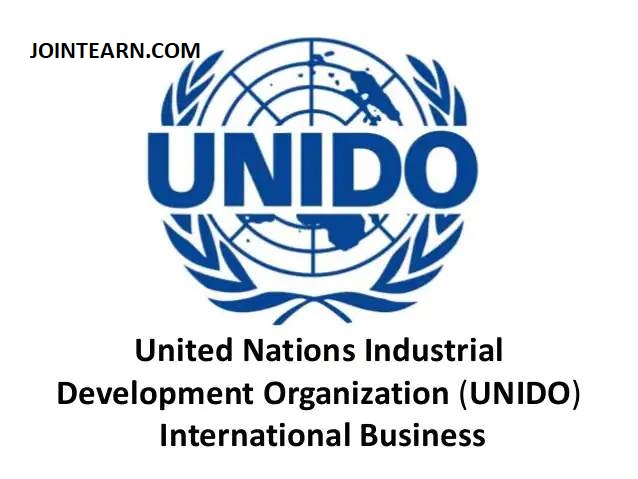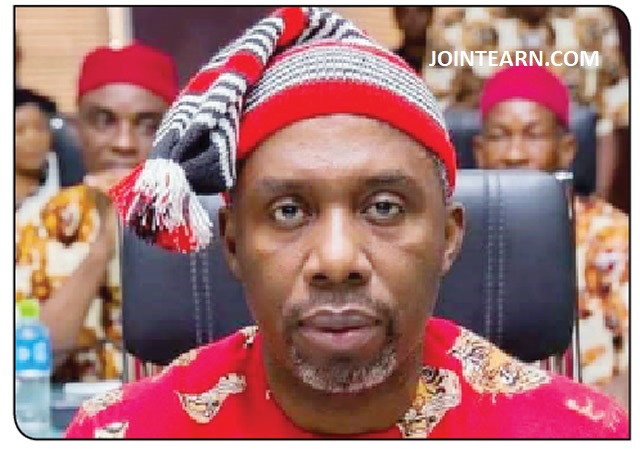In a significant move to bolster Nigeria’s industrial sector, the Federal Government and the United Nations Industrial Development Organisation (UNIDO) have signed a landmark Programme for Country Partnership (PCP) agreement worth $174,585,000. This four-year partnership, spanning from 2024 to 2028, marks a crucial milestone in the government’s and UNIDO’s collaborative efforts to enhance industrial growth, create jobs, and drive economic transformation.
Background and Objectives
The PCP is designed to strengthen Nigeria’s industrial capacity by driving technological innovation and promoting environmentally sustainable practices. It aims to provide economic opportunities that will particularly benefit the youth and marginalized groups, aligning with the broader goal of inclusive development. The programme focuses on key priority areas such as job creation, availability of raw materials, export potential, and the ability to attract investments—essential components of Nigeria’s industrial development agenda.
Funding Strategy
The funding strategy for the PCP is structured with 85.7% ($149,619,345) coming from donors and partners mobilized by UNIDO, while the Nigerian government contributes 14.3% ($24,965,655) as counterpart funding. As of now, Nigeria has made an initial financial commitment of $1,276,658 to UNIDO. This collaborative funding approach underscores the commitment of both parties to ensuring the success of the initiative.
Stakeholder Engagement
Minister of Budget and Economic Planning, Senator Abubakar Atiku Bagudu, emphasized the importance of collaborative efforts among stakeholders, including development partners, the private sector, and civil society, to ensure seamless implementation of the programme. He commended UNIDO for its steadfast partnership and unwavering support for Nigeria’s industrial agenda.
The Minister of State for Industry, Senator John Owan Umoh, expressed hope that UNIDO would serve as a technical and strategic partner in driving the Industrial Revolution Work Group (IRWG). He urged stakeholders to move from potential to productivity, from agreement to execution, and from policy to prosperity as the PCP is implemented.
UNIDO’s Role and Commitment
UNIDO Director-General, Gerd Müller, highlighted that the organization has the mandate to ensure industrial development of member states through the PCP, aligning with Goal 9 of the UN Sustainable Development Goals (SDGs), which focuses on industry, innovation, and infrastructure. Müller noted that Nigeria has the potential to become Africa’s economic powerhouse, emphasizing UNIDO’s commitment to providing technical expertise, policy guidance, and investment facilitation to support Nigeria’s industrialization vision.
Private Sector Support
The President of the Manufacturers Association of Nigeria (MAN), Otunba Francis Meshionye, welcomed the initiative, expressing hope that manufacturers would benefit from funding under the programme. He pledged MAN’s support in achieving the key pillars of the initiative and called for more impactful projects to improve the manufacturing sector.
Alignment with National Development Plan
The PCP aligns with Nigeria’s National Development Plan, which emphasizes job creation, skill development, and technological advancement. It is positioned as a vital catalyst for these objectives, ensuring that the country’s industrial sector becomes a significant contributor to economic growth and sustainability.
Global Support
The signing ceremony was attended by government officials, private sector leaders, diplomatic representatives, and development partners from around the world. Donor nations, including Japan and Germany, reaffirmed their support for Nigeria’s industrialization vision, underscoring the international community’s confidence in the country’s potential for industrial growth.
Conclusion
The signing of the $174 million PCP agreement between Nigeria and UNIDO marks a significant step towards transforming the country’s industrial landscape. With its focus on sustainable practices, technological innovation, and job creation, this partnership is poised to unlock new economic opportunities for Nigerians, particularly the youth and marginalized groups. As Nigeria embarks on this industrial renaissance, the collaboration between government, international partners, and the private sector will be crucial in realizing the full potential of this initiative and positioning Nigeria as a leader in Africa’s industrial sector.












